How to Become a Successful Art Collector?
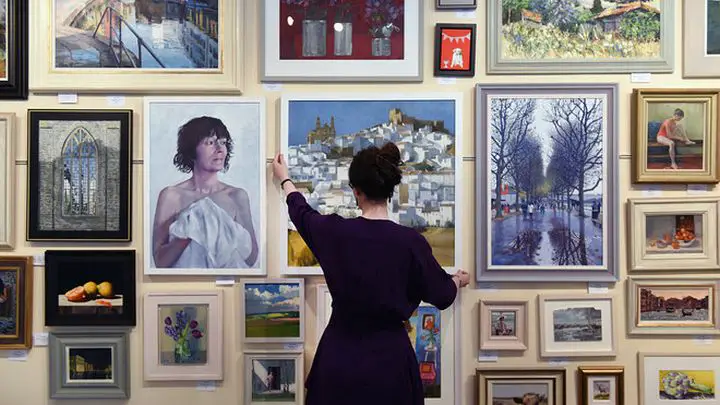
Art is becoming more and more accessible with each passing year. New talented and skilled artists emerge, while galleries and museums become more diverse and heterogeneous. There is no doubt that the world of contemporary art is in its prime, and nothing can stop it from flourishing. This seems like a perfect time for people who are crazy about art to start their own collections.
Starting a collection may seem like an insurmountable challenge, but things are, in fact, not as dreadful as they may seem. Gone are the days when the whole art industry was so foreign and hostile that many people would simply avoid it. The current situation is markedly different, and becoming a successful art collector is no longer an unattainable dream but a reality.
What does it mean to be an art collector?
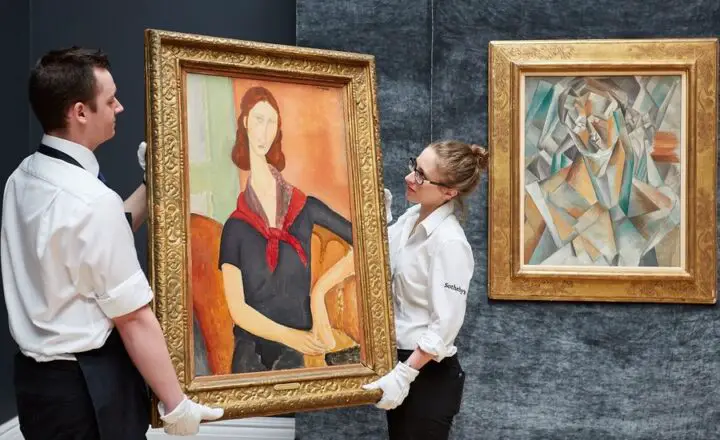
Compared to the past, the definition of an art collector has undergone some serious and drastic changes. They are neither artwork hunters, nor business managers, nor ardent enthusiasts. The thing is that they are all three in one. Over the last decades, the industry standards have raised a lot, and the requirements have shifted as well.
In a nutshell, contemporary collectors come across as the unique blend of passion for artworks and rigorous calculation, which is altogether a rare acquisition. For this very reason, you have to put in plenty of effort if you want to hit a home run. This includes various skills and abilities, but what exactly influences your success as a newbie? Let’s find out!
What makes a successful collector?
The price of success is usually assiduous work and strong determination, which always go hand in hand. However, there are too many factors making any real career predictions almost impossible. Still, it doesn’t mean that you cannot become prosperous. With the right approach and long-term strategy, everything becomes quite real. A path of a collector is thorny, but if you know the recipe for success, you will certainly obtain what you want. Understanding the following milestones will help you start your journey without much pain and avoid common mistakes that many emerging collectors encounter.
First step
If you don’t know the first thing about the art industry and market, you have to tread carefully. Without a doubt, having a background is an overwhelming advantage, but it doesn’t solve the main problem—lack of patience. The fact remains that many people fail and give up because they lack discipline, which is a must for beginners. Start with a plan, sort of a to-do-list of what you should do, and then try to encourage yourself. The more you are motivated, the better!
Studying art & defining your tastes
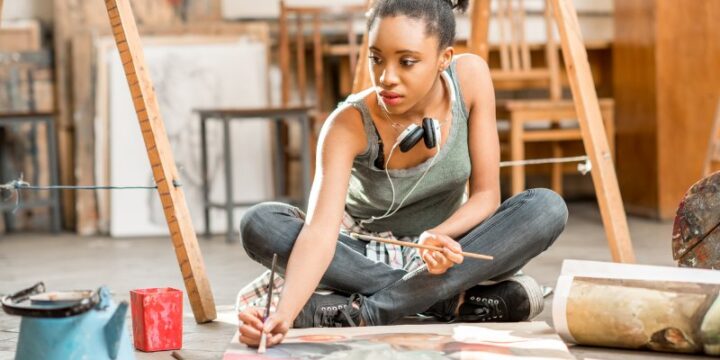
It’s time to learn some basics. You have to accumulate as much knowledge as possible because you will need it. Start with learning art history and pay close attention to different types of art. When you feel like you know your onions, you should talk to your inner self and find out what art genres appeal to you the most. The moment when you combine knowledge and feelings is essential, as it defines your future success.
Understanding the market & making an investment plan
Do you have a clear idea of what you want? If yes, then the next step is to develop an investment strategy. In other words, you need to have some plan for how you will spend your money. Of course, it starts with a market analysis, a painstaking process requiring some time before you can put your plan into action. A simple example is setting a budget and deciding on what artists you are going to support in the long run.
Building a community
Community is an underestimated boon for beginner collectors. The thing is that the industry is huge, and you need to cooperate with many other professionals, dealers, and even artists themselves. And what if your newly bought painting is damaged, need an appraisal or insurance for shipping? Right, you will also need help from experts. Check Russian Icon Collection for some useful information on collection management, restoration, appraisal, and other services that might well come in handy in the future.
Investment management
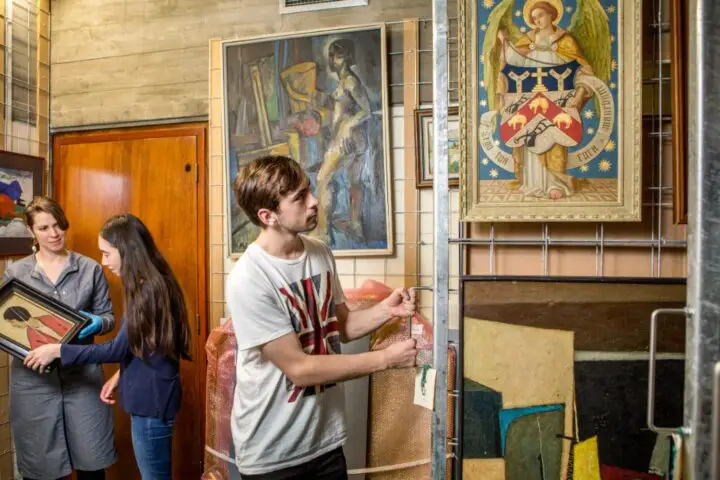
If you have a foothold and you are ready to invest in art, it’s time to become a professional and start collecting artworks. Once your accumulation starts growing, you will need to use all your knowledge and experience to manage your collection. The more you are accurate and sober-minded in your predictions, the higher the chance that your collection will grow steadily bigger, and you, as a collector, will breeze through tough times and eventually become successful.
Let’s now look at some quick and simple tips that will help you understand some processes essential for your growth.
Actionable tips for would-be art collectors
- Ask for help. The first step is the hardest, but it doesn’t mean that people should take it all by themselves. Ask other collectors or dealers for help. After all, that’s why the community exists.
- Don’t be afraid to make mistakes. If people don’t mistake, they probably make no progress as well. Sometimes, it requires taking risks, and you should just deal with it.
- Don’t overthink it. Thinking or planning too much is definitely a bad thing. Information overload has never helped people make the right decisions.
- Buy with your eyes and heart, not your ears. It’s vital to ask for advice. It’s also essential to listen to what others say, but it’s certainly a bad habit to base your decisions on someone’s opinion.
- Don’t start if you are not ready. Once you start collecting, it’s hard to go back without consequences. If the times are tough, and you have neither time nor desire, wait for better days to come.
Conclusion
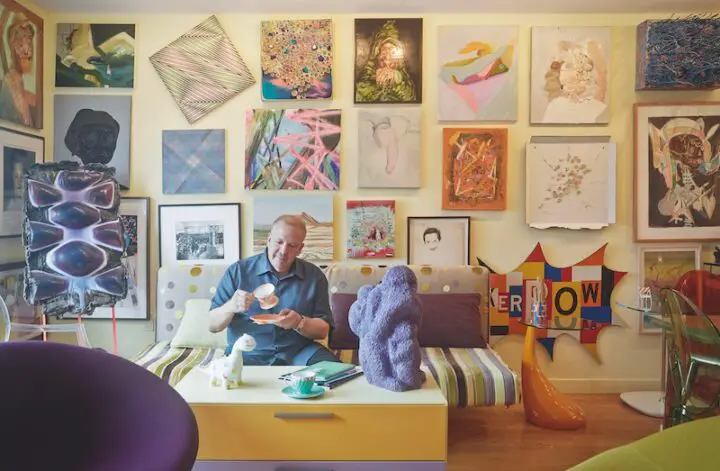
Now you know what is required to become a successful art collector and what hardships are waiting for newcomers on their paths. With this information in mind, your success and prosperity are only a matter of time. Always believe in yourself, don’t give up, and love what you do. Without these simple yet fundamental principles, even the most rigorous plan will end up being Sisyphean labor that will bring you not happiness but disappointment.
